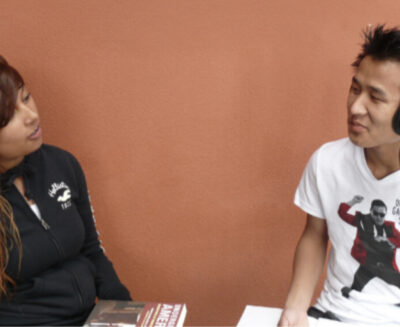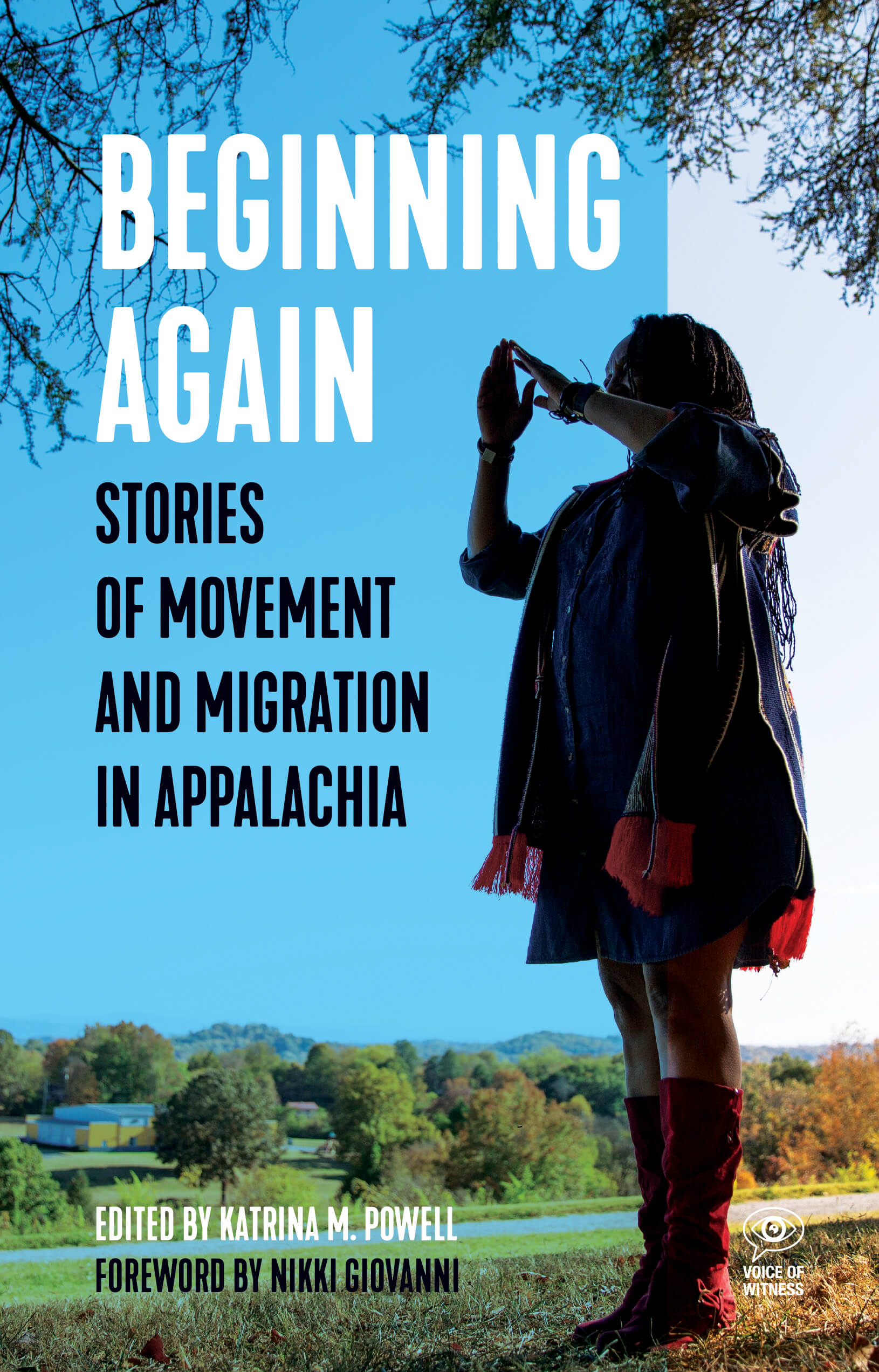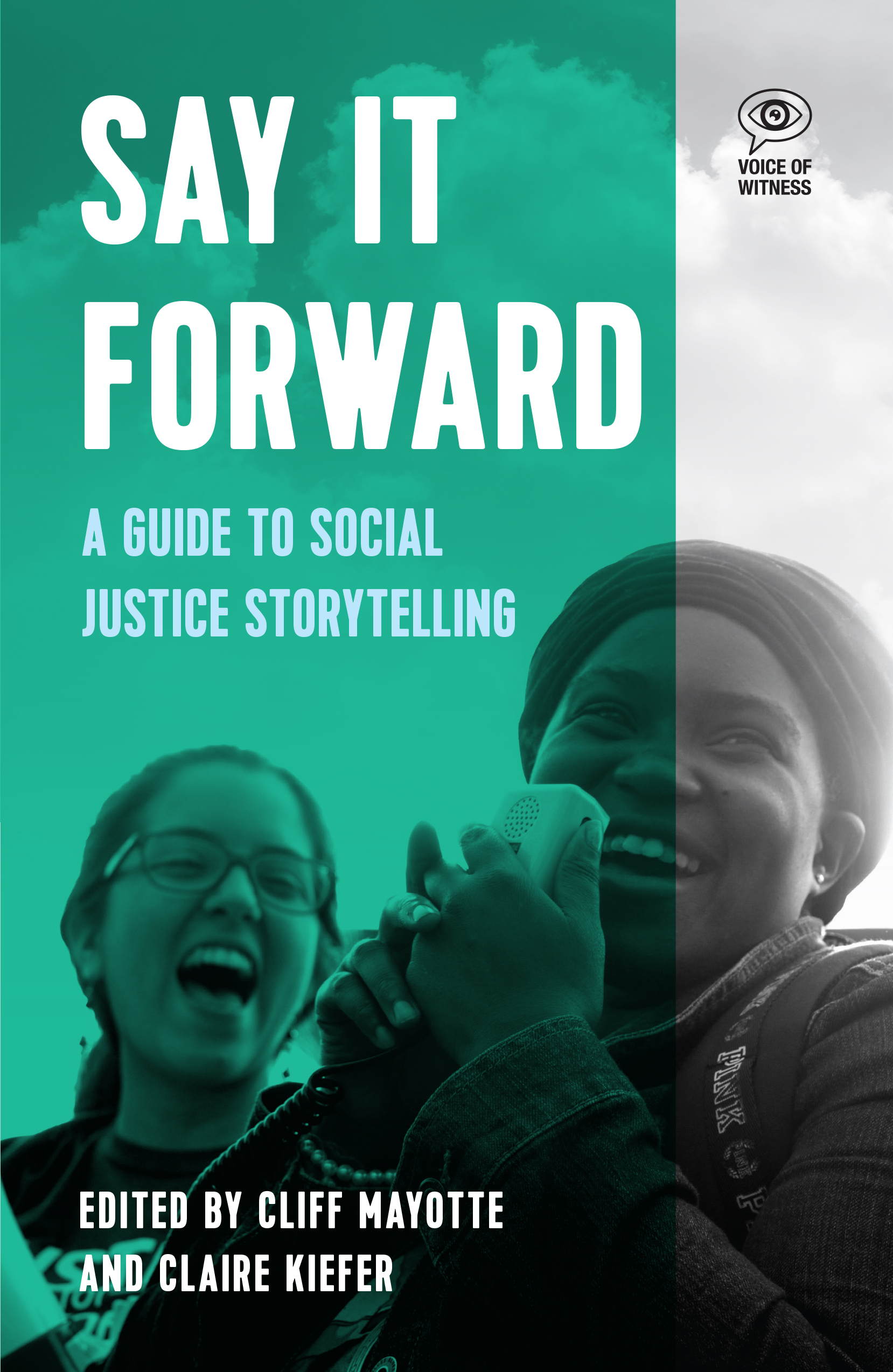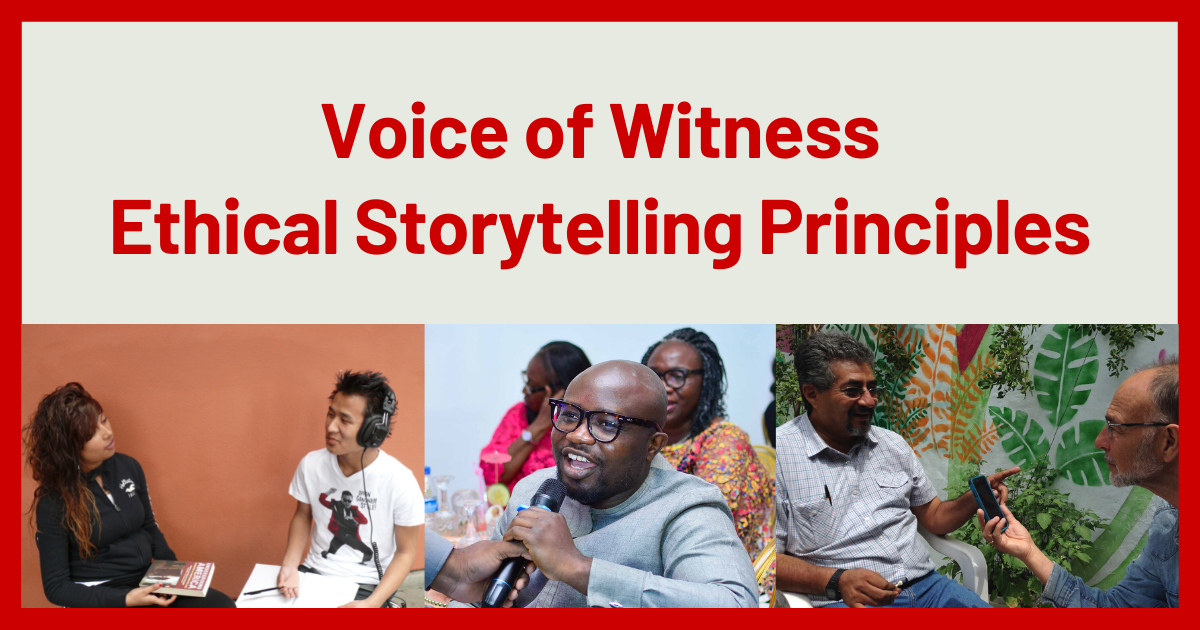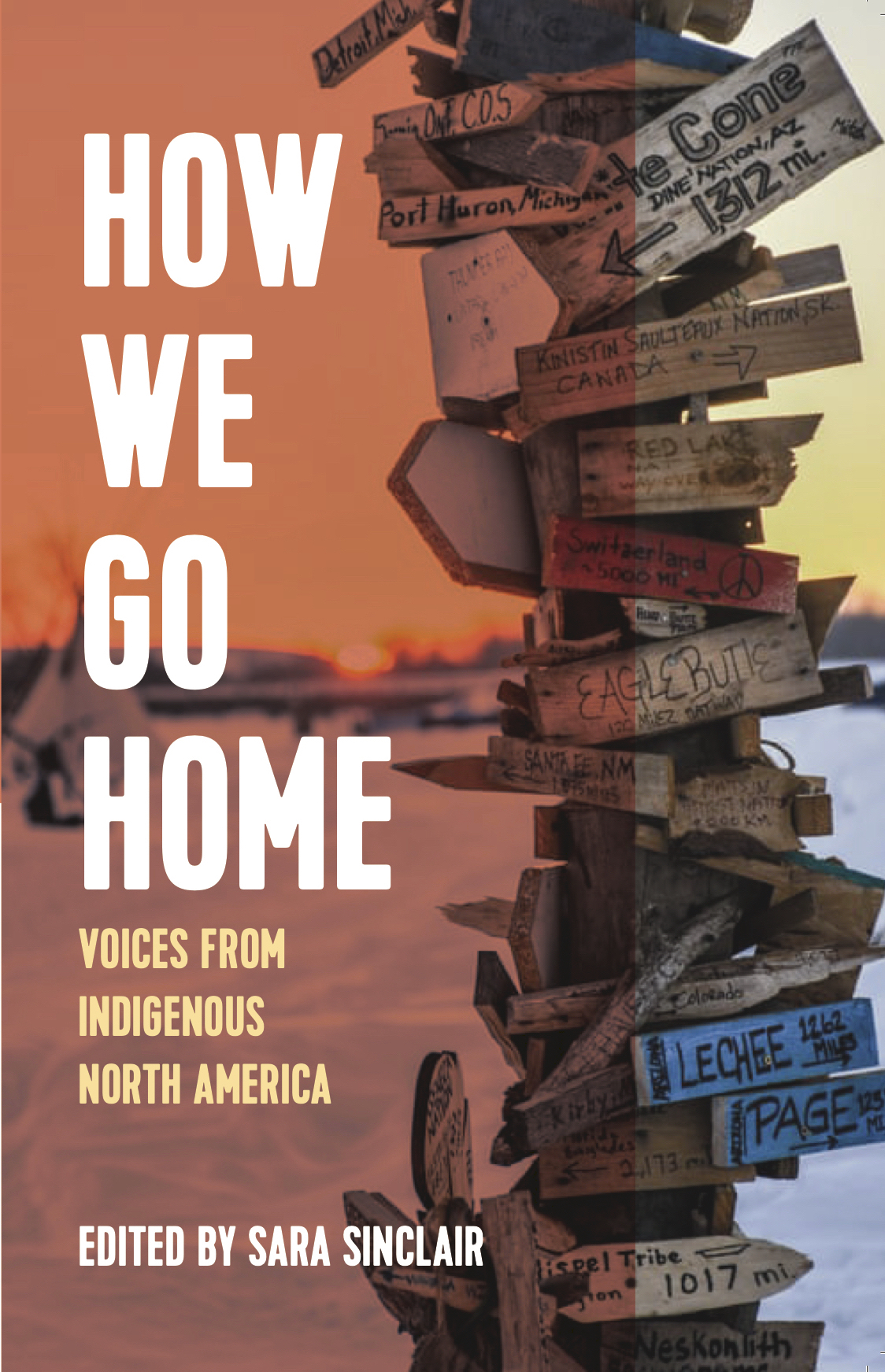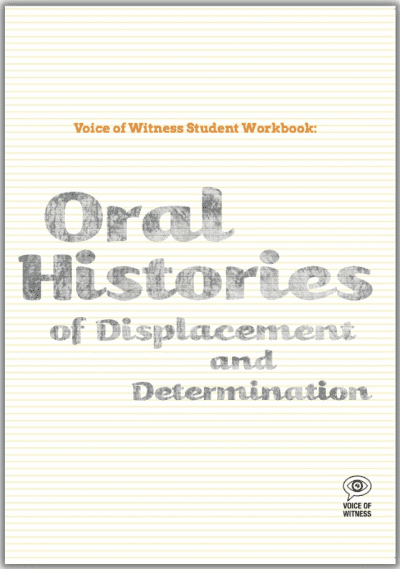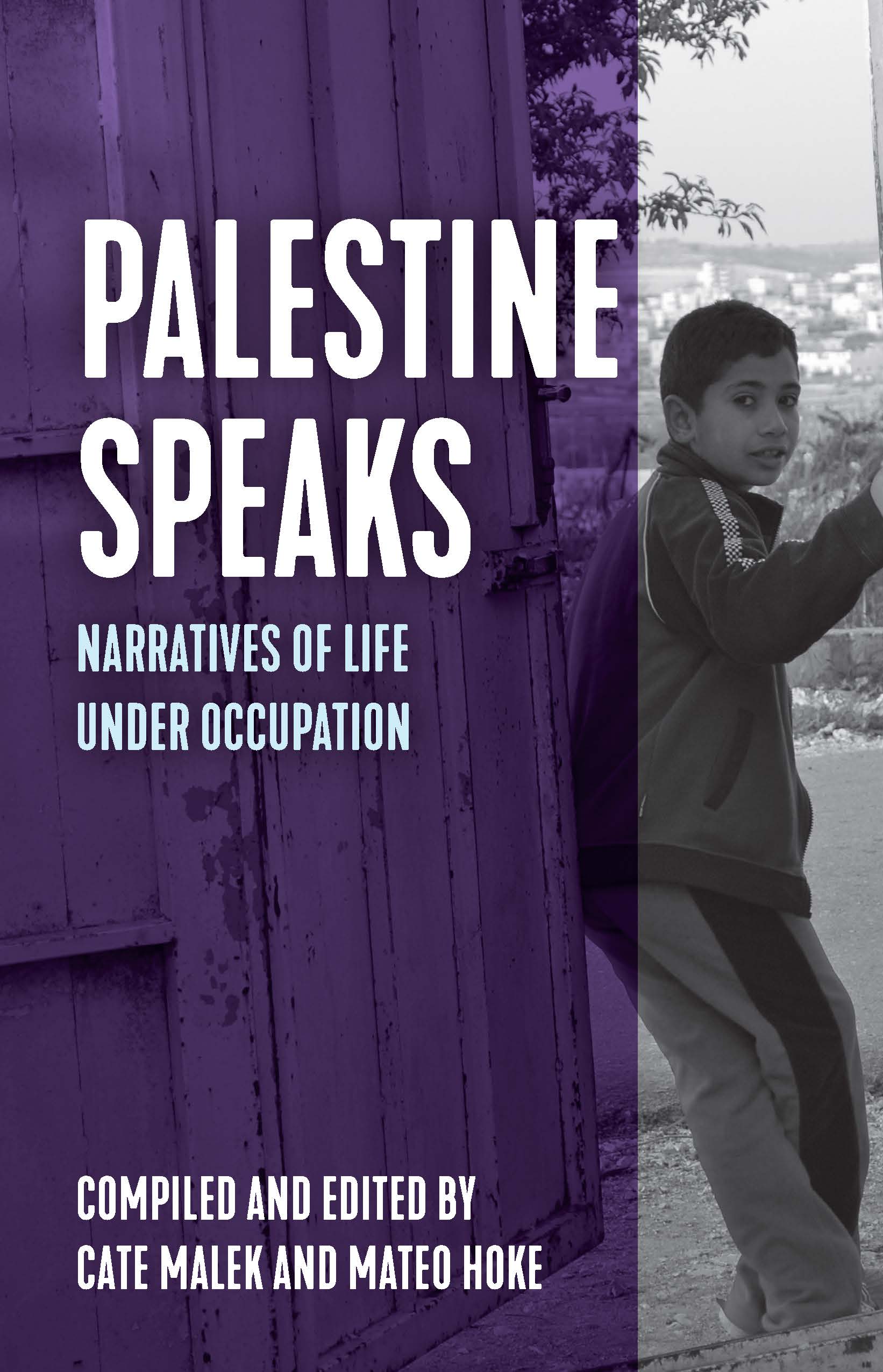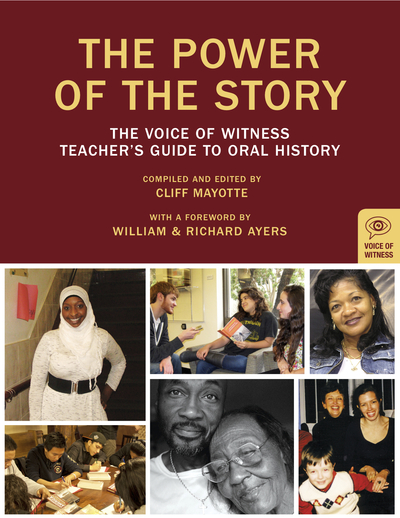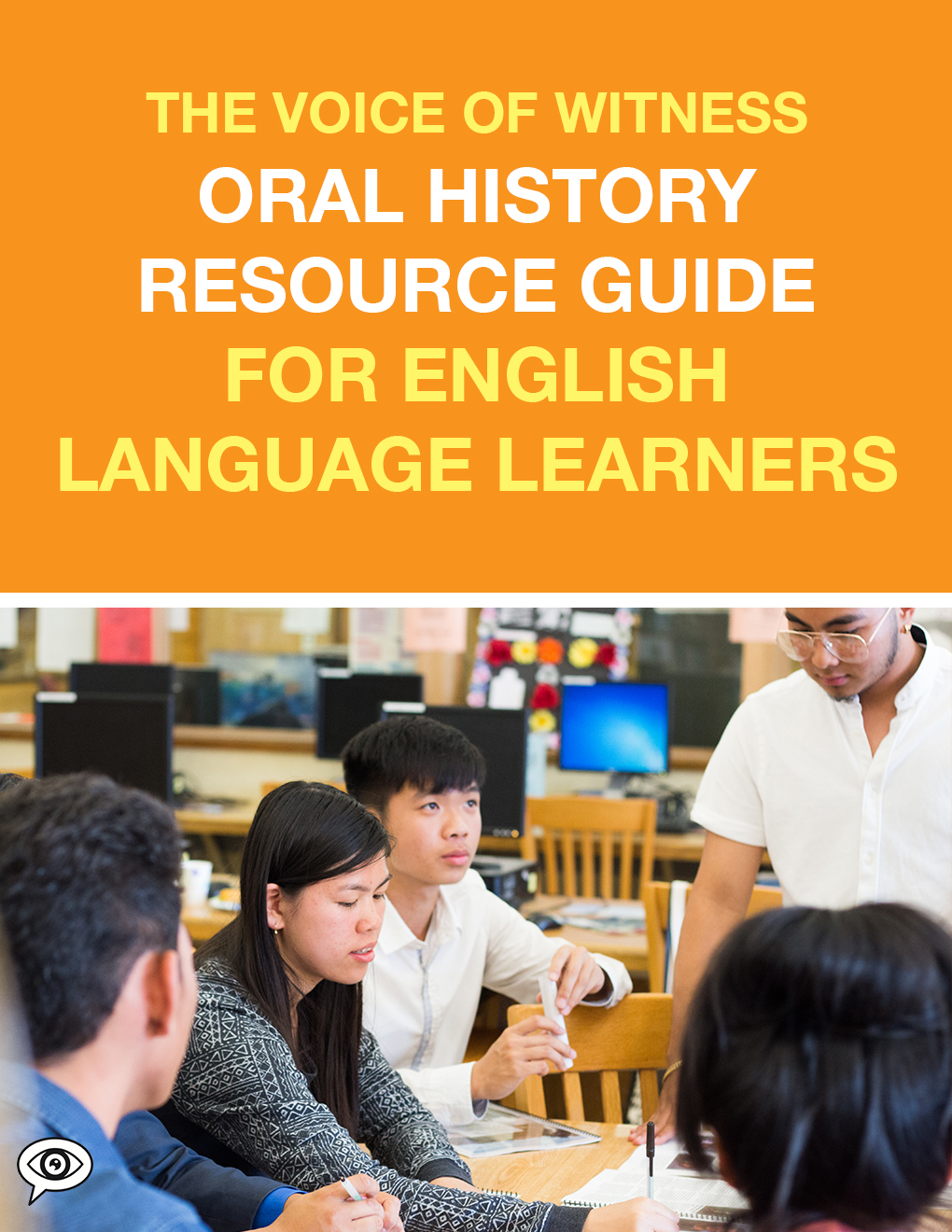Oral history is a valuable tool for education, community building, and advocacy. Sharing first-person stories from people—in their own words—illuminates issues and events in a powerful way.
Voice of Witness creates oral history resources to support individuals, organizations, and classrooms with ethical storytelling, community-based oral history projects, and human rights education. We have seen firsthand how they resonate with participants of all kinds, inspiring connection and belonging, empathy, and community engagement. All lesson plans are Common Core-aligned and feature social-emotional learning practices.
Learn more about the benefits of oral history and the impacts of oral history education.
Resource Type
Resource Topic
Grade Level
Keyword Search
Beginning Again: Stories of Movement and Migration in Appalachia Curriculum
These lessons explore oral histories that examine the complexities of why people leave, why people stay, and and the systems that interact with individual choice. The curriculum is rooted in an Ethnic Studies framework that questions dominant narratives and promotes critical thinking around not only the Appalachian region, but migration and displacement in general.
Lesson Plans • Grades 6-8 • Grades 9-12 • Higher Ed
Say It Forward: A Guide to Social Justice Storytelling
Say It Forward is a DIY oral history guide that outlines best practices for social justice storytelling and community-based projects.
Guides and Toolkits • Grades 9-12 • Higher Ed
Ethical Storytelling Principles
VOW’s ethical storytelling principles are grounded in values of respect, dignity, empathy, transparency, collaboration, and equity. These principles are relevant to many forms of community-based storytelling and programs.
Guides and Toolkits • Grades 9-12 • Higher Ed
How We Go Home: Voices from Indigenous North America Curriculum
The lessons use oral history to promote a nuanced understanding of Indigenous communities and settler colonialism.
Lesson Plans • Grades 9-12 • Higher Ed
Voice of Witness Student Workbook: Oral Histories of Displacement and Determination
This VOW Student Workbook features two oral history narratives in an immersive, accessible format. Free lesson plans are also available.
Guides and Toolkits • Lesson Plans • Grades 3-5 • Grades 6-8 • Grades 9-12
Palestinian Voices Lesson Plan
This single lesson plan is designed to center first-person narratives and provide an entry point into discussion on the war in Gaza and Israel’s occupation of Palestine.
Lesson Plans • Grades 6-8 • Grades 9-12
The Power of the Story: The Voice of Witness Teacher’s Guide to Oral History
This comprehensive guide allows teachers and students to explore contemporary issues through the transformative power of oral history, and to develop the communication skills necessary for creating vital oral history projects in their own communities.
Guides and Toolkits • Lesson Plans • Grades 6-8 • Grades 9-12
Oral History Resource Guide For English Language Learners
Voice of Witness’s education program develops curriculum that directly supports students in migrant, multilingual, and English Language Learner communities. This guide contains activities, handouts, and reading strategies to make oral history accessible to students at all language levels.
Guides and Toolkits • Lesson Plans • Grades 3-5 • Grades 6-8 • Grades 9-12

